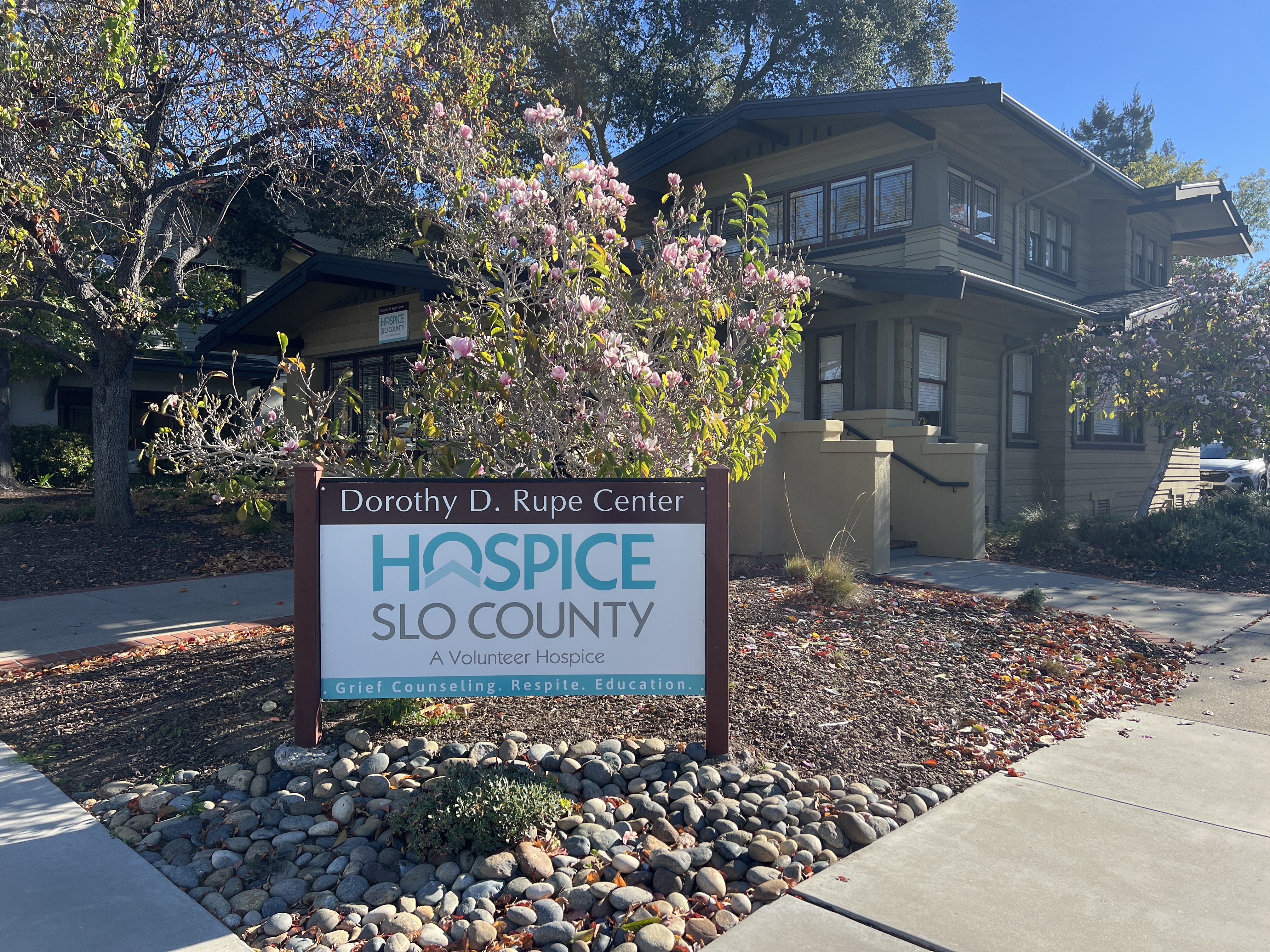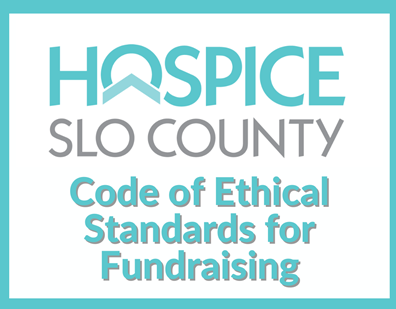Coping with Anticipatory Grief
You or your loved one may begin feeling the effects of loss and grief before a death actually occurs. These are normal reactions to current and future losses. Losses can include those associated with caring for someone with an illness, changes in relationships, and the anticipated loss of a loved one. This anticipatory grief may actually help you prepare for the losses and decrease the intensity of grief after the death occurs.
Causes of Anticipatory Grief
Some of the causes of anticipatory grief are related to fears and actual or possible losses, such as:
-
Loss of social life
-
Loss of companionship
-
Loss of usual eating, sleep, work, and recreational habits
-
Loss of independence
-
Loss of control, such as, being able to care for yourself or a loved one
-
Fears related to life without your loved one
-
Fear of losing present family structure, such as head of household, the family matriarch, or frequency of visits from family members
-
Fear of starting over
-
Fear of the unknown
Signs and Symptoms of Anticipatory Grief
It is normal to experience recurring or combinations of signs and symptoms of anticipatory grief. Some of the signs and symptoms of anticipatory grief may include the following:
-
Feelings of guilt
-
Tearfulness
-
Constant changes in emotions
-
Anger
-
Depression
-
Feelings of emotional numbness
-
Anxiety or feelings of fear
-
Changes in sleeping and eating habits
-
Poor concentration
-
Forgetfulness or poor memory
-
Loneliness
-
Denial
-
Acceptance
-
Fatigue
What You Can Do
There are things you can do which may be helpful for working through the anticipatory grief process. Some suggestions may include:
-
Go for short walks when possible.
-
Write in a journal.
-
Plan for the future.
-
Seek spiritual assistance if needed.
-
Talk to someone such as friends, family, or clergy.
-
Make changes only as needed but put off major decisions when possible.
-
Do the things you want to do now. Forget the chores that you can do later.
-
Spend time with your loved one, friends, support group and family.
-
Seek help from your family, friends, and/or a hospice volunteer to arrange some time to spend doing things you enjoy.
-
Call your Hospice team if anticipatory grief feels overwhelming or you want to talk about your feelings.
-
Attend a caregiver support group.
-
Sometimes it may feel that the grief process will not end as you experience loss.










